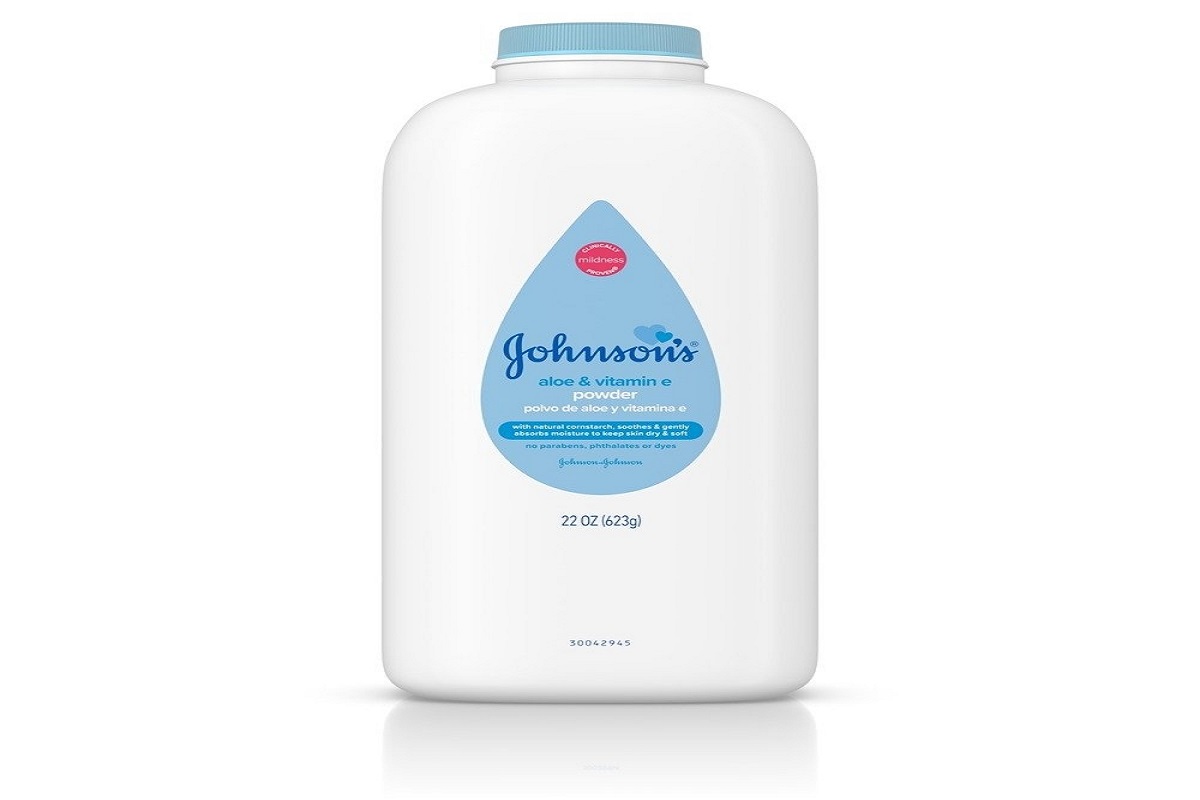Eat plain yoghurt to lower diabetes risk, combat insulin resistance: Doctors
Regular consumption of plain yoghurt may help people to reduce their risk of diabetes and also reduce insulin resistance, said doctors here on Sunday.
However, J&J challenged the FDA’s notice in the court even as the report of the Central Drugs Laboratory (CDL), Kolkata, was awaited.

Johnson & Johnson baby powder.(photo:johnsonsbaby.com)
According to officials, Johnson & Johnson (J&J) has had its licence to produce infant talcum powder at its only plant in the state, located in Mulund, revoked by the Maharashtra FDA.
As a result of Johnson’s Baby Powder samples from Nashik and Pune failing quality inspections, the FDA revoked the licence, according to the FDA, and ordered the business to remove all of its market inventory.
Advertisement
After failing to meet IS5339:2009 (Second Revision Amendment No. 3) Specification for Skin Powder for Infants in the test pH, these samples were flagged by the FDA as “Not Of Standard Quality.”
Advertisement
The powder samples were gathered in November 2019, and after the FDA report, a show-cause warning was sent to the company.
However, J&J challenged the FDA’s notice in the court even as the report of the Central Drugs Laboratory (CDL), Kolkata, was awaited.
The CDL Kolkata confirmed the government analyst’s earlier report and issued its final conclusion in the matter after which the FDA swung into action and revoked J&J’s licence.
In a statement on its Sepember 15 order, the FDA said: “The product Johnsons Baby Powder is popularly used in new born babies. The sample declared Not of Standard in pH and the use of the product may affect the health of the skin of the new born babies.”
Experts, activists and pediatricians have expressed concern over the delay in the FDA licence cancellation order after its first notice to J&J as millions of infants may have used the Johnsons Baby Powder in the intervening period.
(inputs from IANS)
Advertisement